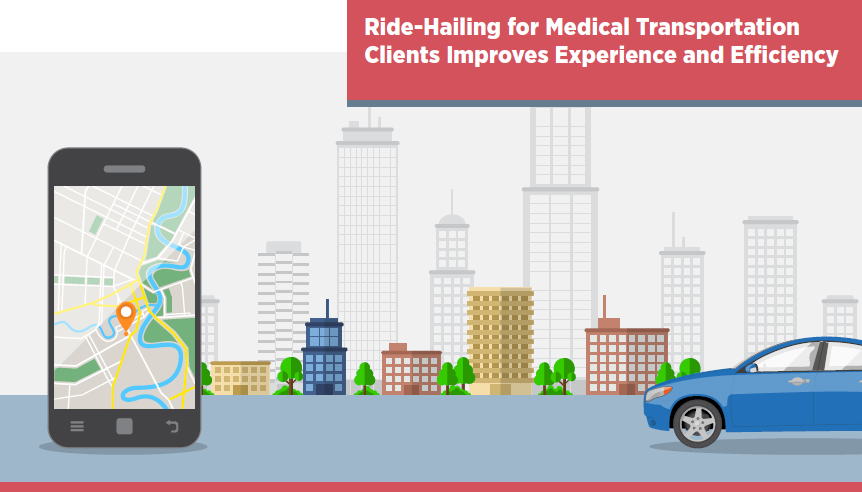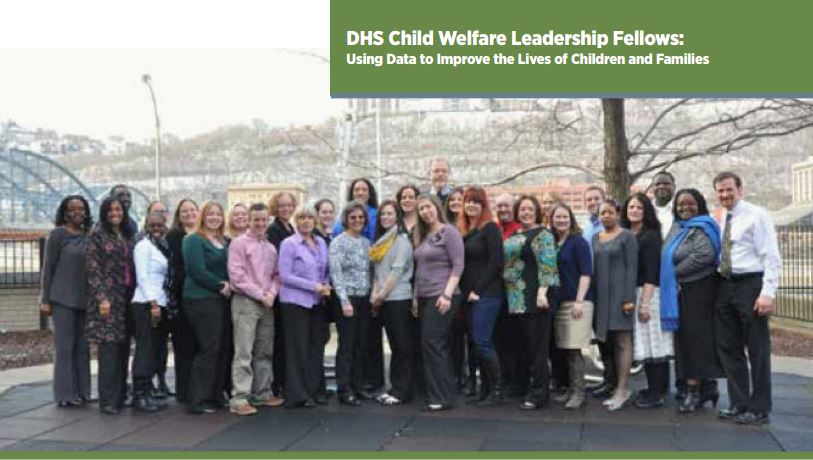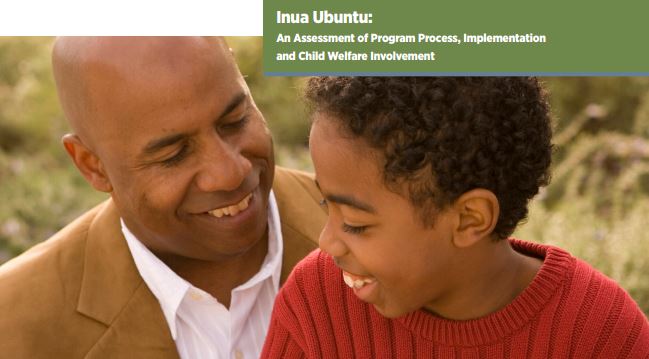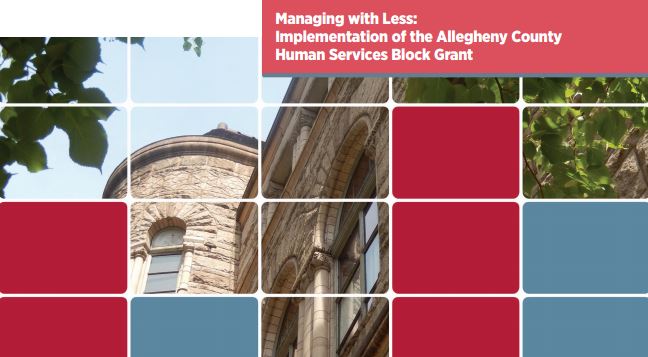The Allegheny Family Screening Tool (AFST) is a predictive risk model designed to improve decision-making in Allegheny County’s child welfare system. The tool utilizes hundreds of data elements to predict the likelihood that a child referred for abuse or neglect will later experience a foster care placement. The AFST provides additional information – in conjunction with clinical judgement – to assist child welfare workers making a call screening decision.
After a multi-year process that included rigorous research, community feedback, and independent ethical review, Version 1 of the AFST started being used by call screeners in August 2016. Findings from an independent impact evaluation and a commitment to continuous improvement of the tool led to a rollout of Version 2 in December 2018 that updated the algorithm, data sources, and associated policies.
View a comprehensive packet on the AFST that provides all of the County’s published research and partner evaluations to date or select from the following documents:
- Methodology of the AFST
- Evaluations of the AFST, Version 1
-
-
- Impact Evaluation Summary and Full Impact Evaluation (April 2019)
- Process Evaluation (January 2018)
- Ethical Analysis and Response to Ethical Analysis (April 2017)
-
-
- Frequently-Asked Questions









